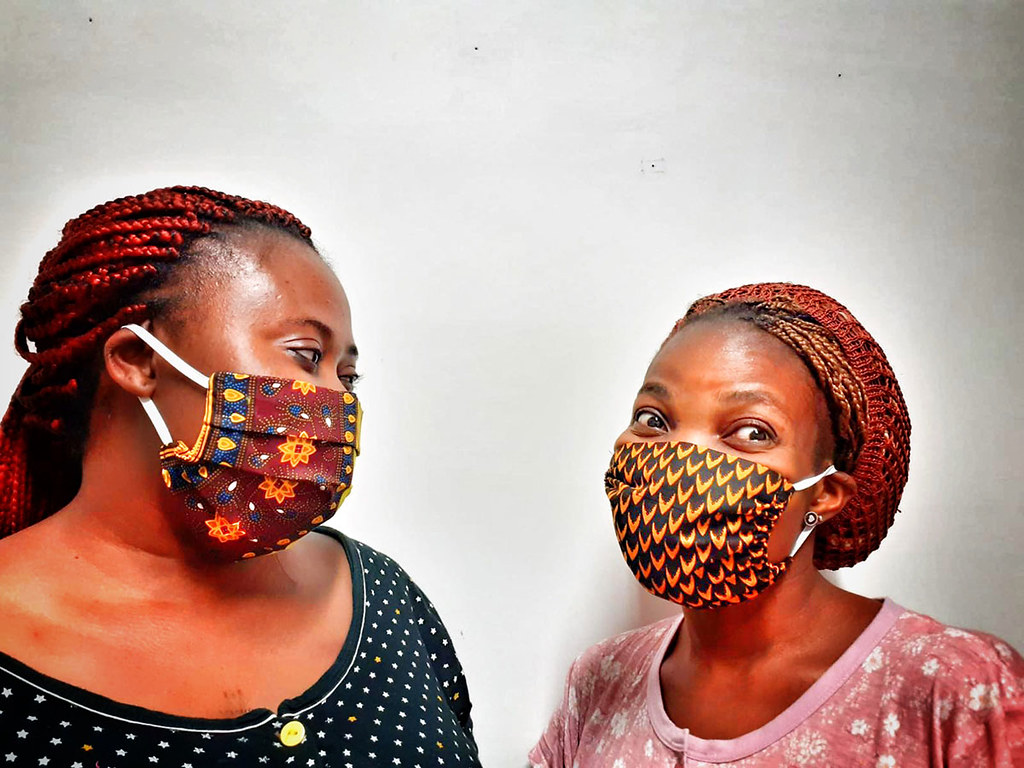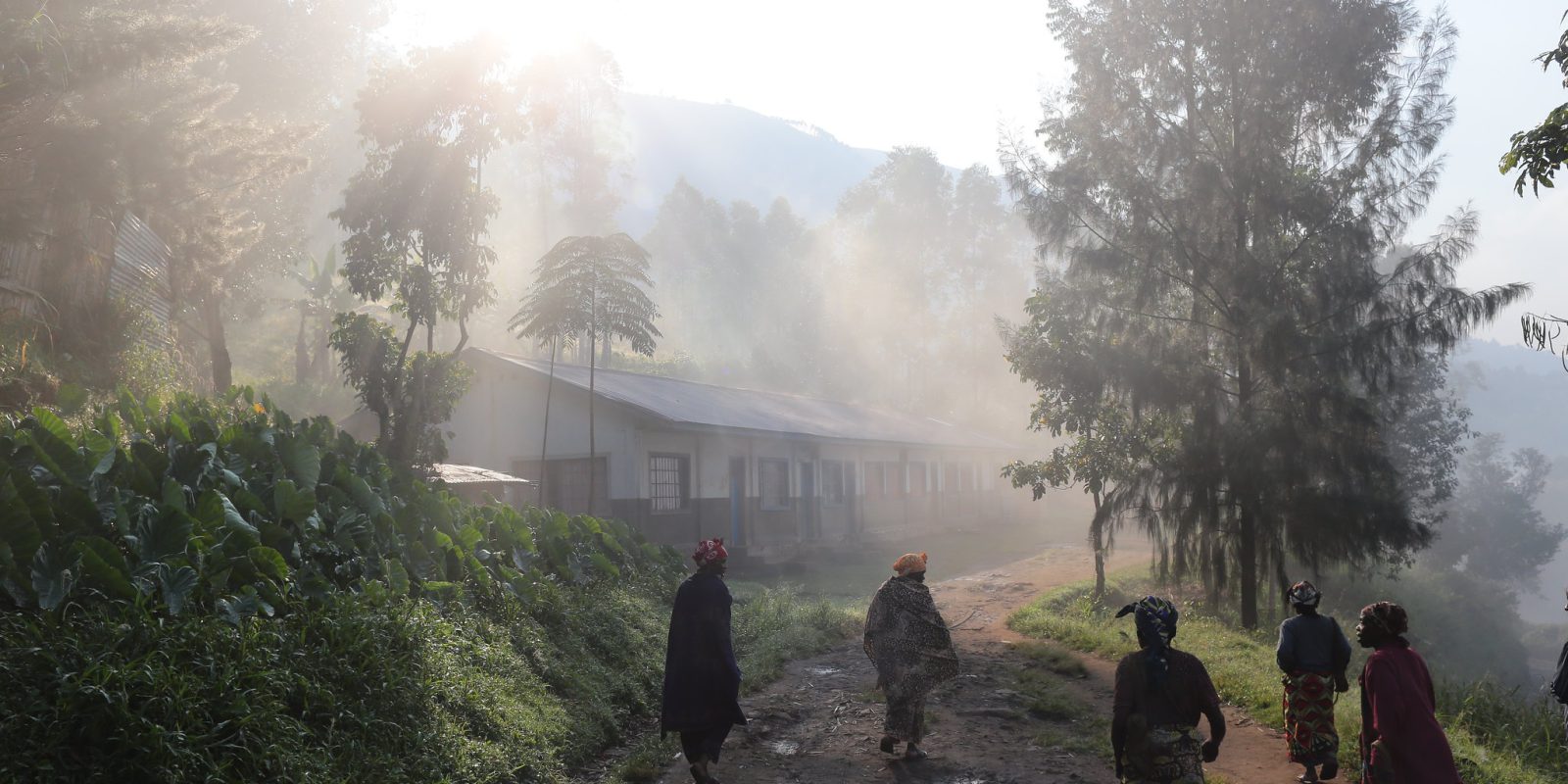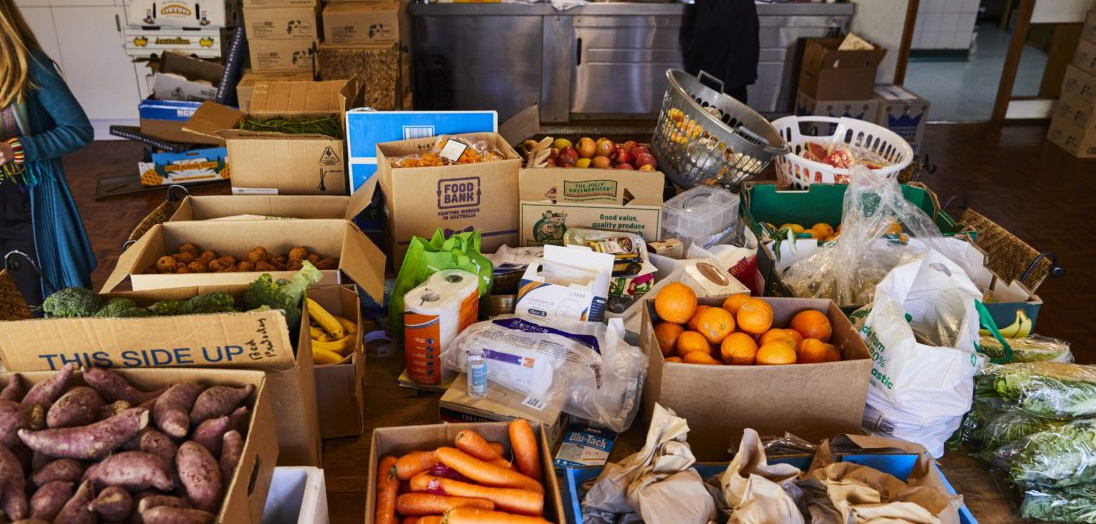
The announcement in February to give permanent visas to those on temporary protection visas (TPVs) and Safe Haven Enterprise Visas (SHEVs) was a welcome development long in the making. It brought relief to 19,000 people who had lived their lives in uncertainty, unable to reunite with their families who often lived in dangerous places overseas.
As we celebrate this achievement together with TPV and SHEV visa holders who campaigned for years, JRS Australia calls on the government to consider all possible avenues to hasten the reunification of families of TPV/SHEV visa holders who will become permanent residents under the new policy.
The reason is that nearly all of the 19,000 people will have to wait years before their families can join them here in Australia. In this article, we explain the existing pathways for family reunion and why they are inadequate.
What are the options for family reunion under Australian law?
Generally speaking, there are two ways to reunite with family:
- Family stream – costs over $8,000 for the ‘principle’ visa applicant, like a spouse and thousands of dollars for others, like children
- Humanitarian stream – cost-free
People on TPV or SHEV visas who will transition to permanency will not have access to the humanitarian stream because they arrived in Australia by boat. Their only option is the family stream.
The difficulty with the family stream is that it is both costly and slow – it can cost thousands of dollars only in application fees, and once you pay the thousand of dollars in fees, it can still take years. For example, some Australian permanent residents from Afghanistan and Iran who applied for family reunion as early as 2014 are still waiting for their families’ visas.
So a TPV or SHEV visa holder who will become a permanent resident can face up to 15 years or more of separation from their family: the 10 years already spent with no legal right to reunite with their family, and up to five or more years waiting for their family’s visas to process now that they have family reunion rights.
What should be done to help them?
JRS Australia is advocating with the government to make expedited family reunion pathways available for TPV and SHEV visa holders:
- In recognition of the deliberate policy of keeping them apart from their families for over a decade, TPV/SHEV visa holders should have expedited family reunion pathways. Australia should end the harm now.
- In many cases, their families live in danger overseas, so each day of delay in bringing them to Australia is another day of danger and psychological anguish.
- It is good for our communities to give these new Australian permanent residents – who live and work as productive, upstanding members – the best start to their new lives in Australia by ending the anguish and psychological harm that they have suffered.
A word for those with family in Pakistan
When they become permanent residents, TPV and SHEV visa holders must use a travel document to travel overseas. But some countries like Pakistan do not honour the travel document. This means that none of the Australian permanent residents with families in Pakistan will be able to visit them as they wait for their family reunion visas.
In the absence of expedited family reunion, they will neither be able to visit their families in Pakistan nor have them come to Australia. The result is years of additional anguish and painful suffering for the new Australian permanent residents and their families.
Support JRS Australia’s work to reunite refugee families quickly
Header image from UN Women; reproduced under a Creative Commons license.



